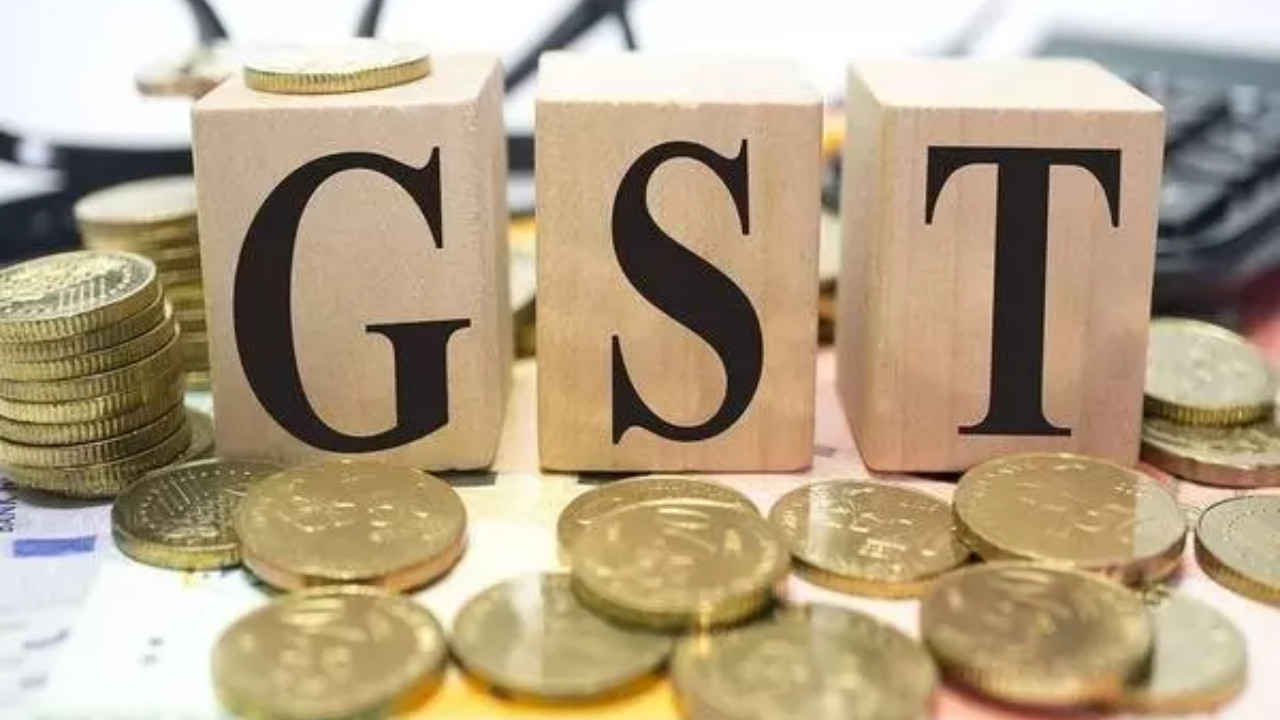Stock market today: Indian stock markets witnessed a significant downturn, with the Nifty50 closing at 24,500.90 and the BSE Sensex at 80,080.57. The decline was primarily attributed to newly imposed 50% US tariffs on Indian goods, triggering uncertainty among exporters.
When Trump Talked Tariffs: Why the Indian Stock Market Felt the Jolt
The markets are a sensitive beast, aren’t they? One minute they’re purring along, the next they’re roaring with uncertainty. Last week, the Indian stock market experienced one of those jolts, leaving investors wondering what exactly triggered the sudden downturn. While pinpointing a single cause is often an oversimplification, a significant contributing factor emerged from across the globe: the resurrected specter of tariffs by none other than Donald Trump.
We’re not talking theoreticals here. The Nifty50 and the BSE Sensex both took a notable dip. The knee-jerk reaction highlighted just how interconnected our world economies are, and how pronouncements from major players can ripple outwards, affecting markets thousands of miles away. But why exactly did Trump’s tariff talk send shivers down the spines of Indian investors? Let’s unpack the key elements at play.
The Tariff Threat: A Global Trade Tremor
Trump’s renewed focus on tariffs isn’t new, but it’s undeniably concerning for global trade. The initial announcement acted like a bucket of ice water thrown on investor confidence. Why? Because tariffs, in their simplest form, are taxes on imported goods. When a country imposes tariffs, it makes imported goods more expensive for domestic consumers.
While the intention might be to protect domestic industries by making them more competitive, the reality is often far more complex. Tariffs can lead to retaliatory measures from other countries, sparking trade wars where everyone ultimately loses. This creates uncertainty, disrupts supply chains, and can stifle economic growth – hardly the recipe for a healthy stock market.
India’s Exposure to the Tariff Storm
India, like many nations, is heavily involved in global trade. A significant portion of Indian exports find their way to the United States. If Trump’s proposed tariffs target goods that India exports, it could significantly impact Indian businesses. Imagine Indian manufacturers suddenly facing higher costs to sell their products in the US market. Their competitiveness would erode, leading to lower sales and potentially reduced profits. This prospect alone is enough to make investors nervous, triggering a sell-off in related stocks.
Moreover, the fear is not just about the direct impact on Indian exports to the US. A broader trade war could disrupt global supply chains, making it harder for Indian companies to import raw materials and components needed for their production. This, in turn, would affect their competitiveness and profitability. The domino effect is something investors actively try to anticipate and, if they are unsure, avoid.
<img src="image-url.jpg" alt="Understanding Market Reactions to Global Events” width=”600″ height=”400″>
Global Economic Uncertainty: A Brewing Concern
The tariff threat amplified existing anxieties about the global economic outlook. Concerns about slowing growth in major economies, persistent inflation, and rising interest rates have already been weighing on investors’ minds. The prospect of trade wars simply added fuel to the fire, creating a perfect storm of uncertainty. In these situations, investors often prefer to reduce their exposure to riskier assets, such as stocks, and move towards safer havens like bonds or gold. This flight to safety contributes to the decline in stock prices.
Investor Sentiment: The Power of Perception
The stock market is driven as much by psychology as it is by hard numbers. Investor sentiment plays a crucial role in determining market direction. When investors become fearful or uncertain, they tend to sell off their holdings, regardless of the underlying fundamentals of the companies they own. This herd mentality can exacerbate market declines, creating a self-fulfilling prophecy. Trump’s tariff announcements, even without concrete action, were enough to trigger this negative sentiment among some investors, prompting them to hit the sell button. To further dive into investor sentiment, check out our analysis of [recent market trends](internal-link).
Beyond Tariffs: Other Factors at Play
It’s essential to acknowledge that other factors could have contributed to the Indian stock market’s downturn. Domestic economic data, corporate earnings reports, and global geopolitical events all play a role in shaping market performance. It is almost always a combination of events that influence the market, not a single catalyst.
Navigating the Volatility
So, what’s the takeaway? The Indian stock market’s reaction to the tariff talk underscores the interconnectedness of the global economy and the importance of staying informed about international events. While predicting market movements with certainty is impossible, understanding the factors that influence investor sentiment can help you navigate the inevitable ups and downs. Diversification, a long-term investment horizon, and a healthy dose of caution are essential tools for any investor seeking to weather the storm. Market volatility is a natural part of the investment landscape, and understanding the underlying causes of market fluctuations empowers you to make informed decisions and stay on track towards your financial goals.







